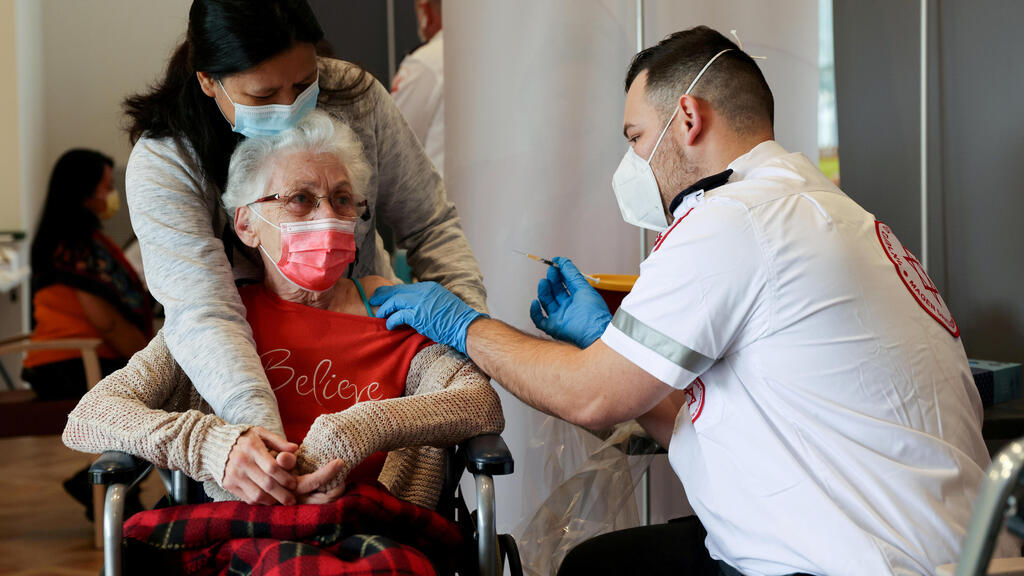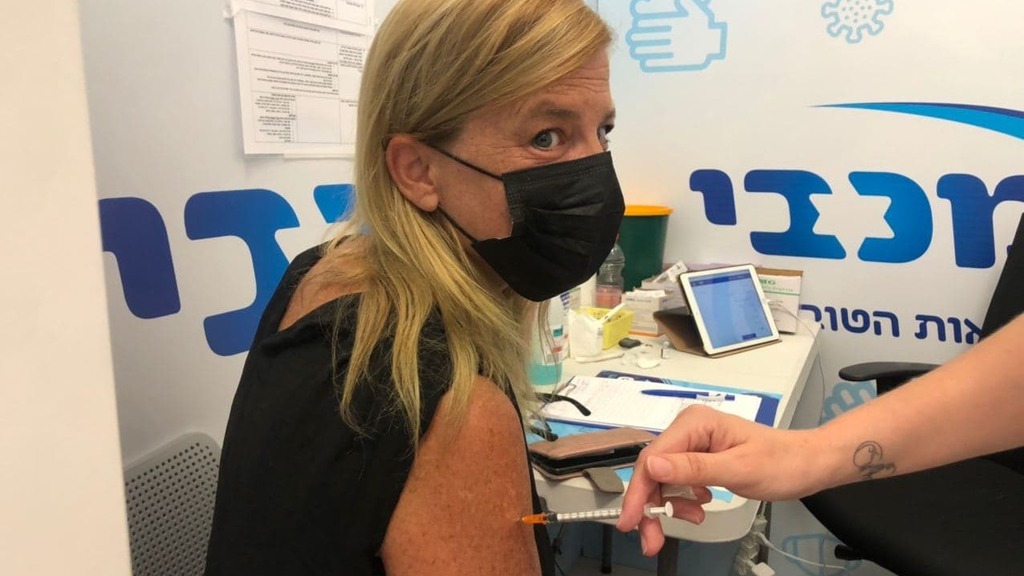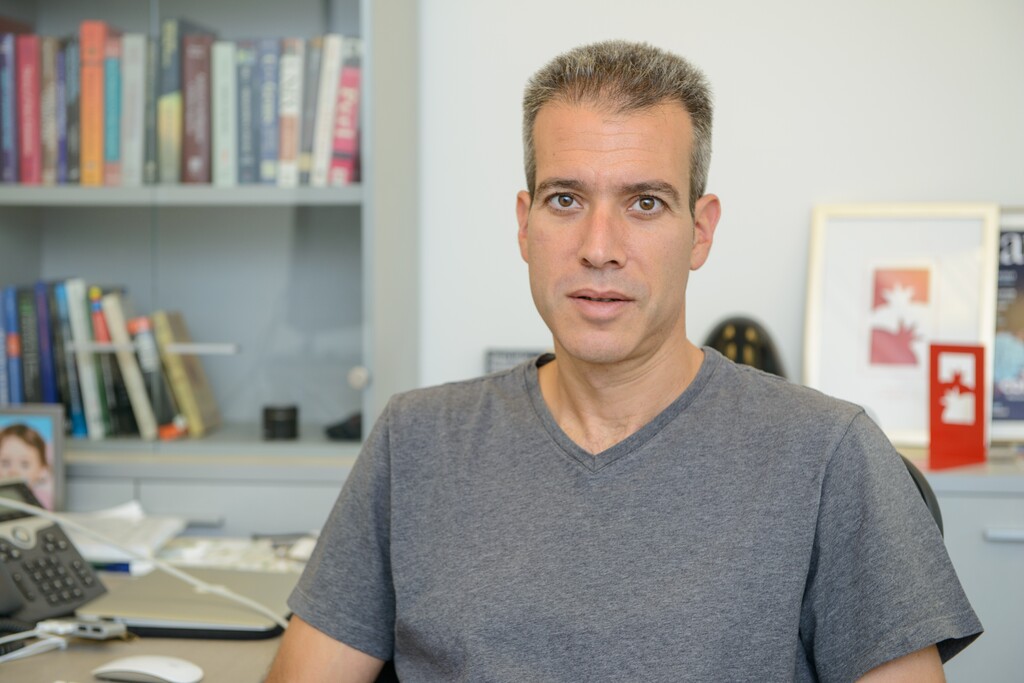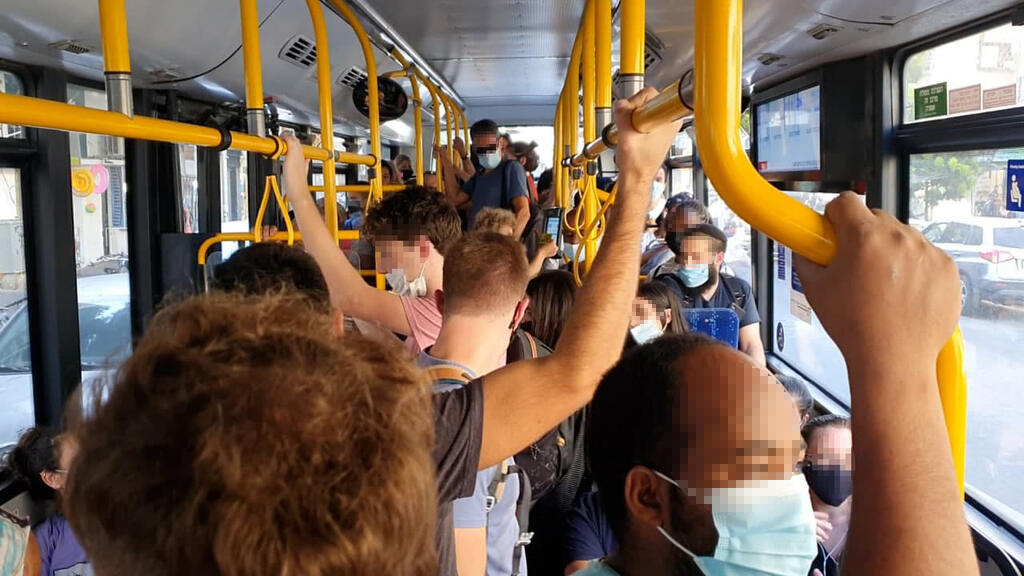Preliminary data shows that Israel's coronavirus vaccine booster shot campaign is effective in curbing infections and should be allowed for Israelis over the age of 40, a senior health expert said on Monday.
Israel has in recent weeks accelerated its coronavirus vaccine booster shot campaign, expanding it to over 50s last week, and the latest data shows the drive has had a positive effect in helping to curb the resurgence of the virus.
Prof. Eran Segal, a scientist advising the government on its pandemic response and creator of the Weizmann Institute of Science's coronavirus prediction model, told Ynet that new confirmed COVID cases among the over 60s have been declining.
"This trend is still very new and we will need to see if it continues. If it does solidify, we will be able to understand whether the booster increases protection, which will also bring down serious illness among this age group."
Asked whether the decline in cases stems solely from the vaccine or due to more cautionary behavior on the part of the general public, Segal said that this is not a "controlled experiment measuring the jab's effectiveness so there could be some biases involved."
However, he hopes that the decrease could be attributed to the vaccine, which will allow it to be expanded to younger age groups.
"I believe that a combination of all these elements, in addition to an ever-increasing number of people who had recovered from the virus, will stymie spread and a halt in new infections will be noticeable by September," Segal said.
On the matter of how many people will need to receive the third shot in order to "make up" for over one million Israelis who are still unvaccinated, Segal estimated that number to be around two to two and a half million people.
4 View gallery


An elderly woman receives a booster shot of her vaccination against the coronavirus disease (COVID-19) at an assisted living facility, in Netanya, Israel January 19, 2021
(Photo: Reuters )
"We must not allow the remaining one million Israelis to remain unvaccinated," he said. "We know that some 600,000 of them are under the age of 30 and about 150,000 are 30-40. These are not only young populations, but also on a lower socio-economic end of the scale. We have to reach these people, make the vaccine easily available to them and incentivize them to get it."
Segal also said he supported Prime Minister Naftali Bennett's proposal to implement the Green Pass mandate on public transportation.
The mandate requires a person to present a certificate of vaccination or recovery from coronavirus at entrances to many public facilities.
The professor added that if the infection rate continues to decline and Israel does not take drastic actions, such as a lockdown, schools should reopen as planned on September 1 and be operated like any other industry of the economy - under the current health restrictions.
"It is true that kids gathering could increase morbidity, but on the other hand we know that schools are very strict about face masks, which is why I think they can operate normally," Segal said.
Many argued the school year should be delayed until October given that children in September will go to classes for only 12 days out of the month due to the Jewish High Holidays.
First published: 15:03, 08.16.21




